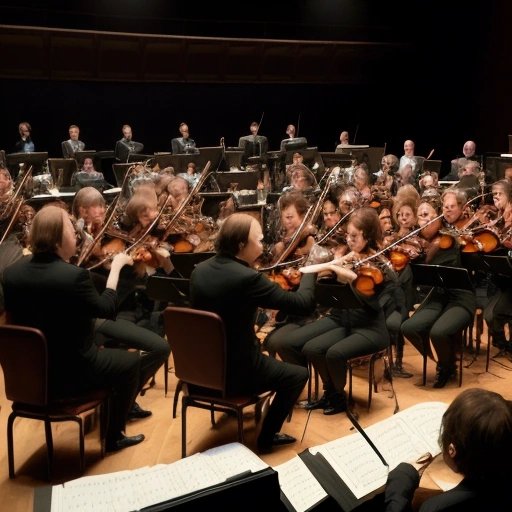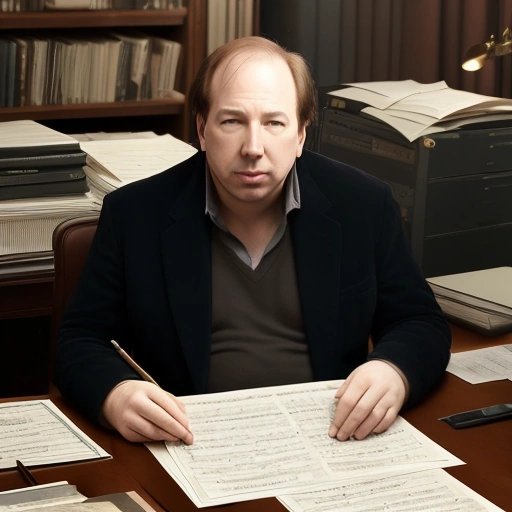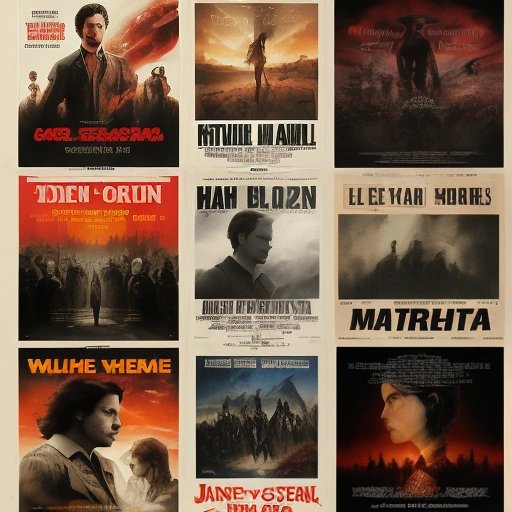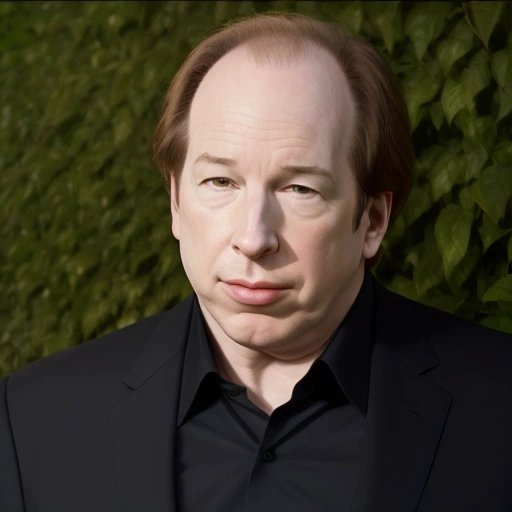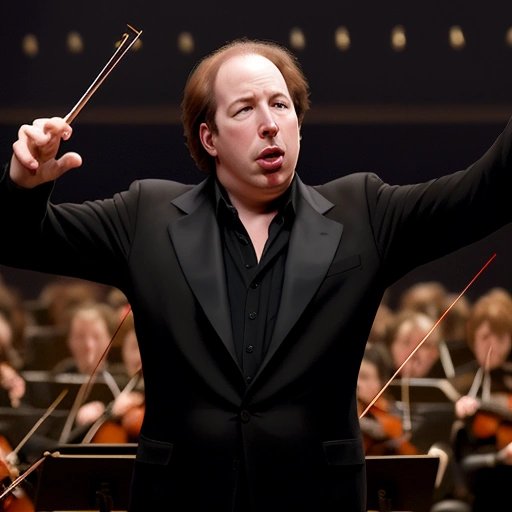Hans Zimmer, the renowned composer, has undeniably left an indelible mark on the world of film music. From epic soundtracks to subtle scores, his work has shaped the cinematic experience for audiences across the globe. However, amidst the admiration and accolades, a controversial debate has emerged regarding the quality and originality of Zimmer's compositions.
Let's be honest, Zimmer is partially to blame for this scrutiny. While he has a talent for creating music that fits a mood, critics argue that it is rarely iconic or memorable. His compositions often blend seamlessly into the background, serving as a vague backdrop to the on-screen action. It's a case of functional music that does its job but fails to leave a lasting impression.
But what's even more damning is the accusation of "temp tracking." For those unfamiliar with the term, it refers to the practice of using temporary music as a placeholder during the early stages of film production. Zimmer, like many other composers, has allegedly fallen into the trap of writing generic music based on the script, simply to set a vague mood. Unfortunately, these temporary compositions often become more permanent as filmmakers grow accustomed to them.
Now, it's essential to note that Zimmer isn't the only one guilty of this practice. However, he is perhaps the most high-profile composer to work in this manner. With his reputation and influence, his approach to scoring films can have a ripple effect across the industry.
Furthermore, it's not uncommon for film series to rely on previous installments' scores as temporary tracks. This means that composers are somewhat bound to recreate the sound and style of the previous films, limiting their creative freedom and potentially hindering the evolution of the music within the series.
The blame game surrounding Zimmer's music is a complex one. On one hand, he is a master of creating atmospheric soundscapes that enhance the storytelling. On the other, his music often lacks distinction and fails to leave a lasting impact. It's a delicate balance between serving the film and creating a memorable musical experience.
Critics argue that Zimmer's music should be more than just a background filler. They desire melodies that can stand on their own, that can evoke emotion and become an integral part of the film's identity. In their eyes, Zimmer's compositions often fall short of this mark.
But let's not forget the power of collaboration and context. Zimmer's music may not always be iconic on its own, but when paired with the right visuals and storytelling, it can elevate a scene to new heights. It's an interplay between the audio and the visual elements, where the music becomes subconsciously intertwined with the film itself.
In conclusion, the blame game surrounding Hans Zimmer's music in films is a multi-layered debate. While he may be partially responsible for the lack of iconic and memorable compositions, it's important to consider the collaborative nature of filmmaking and the limitations imposed by the temporary tracking practice. Ultimately, it's a matter of finding the delicate balance between serving the film's needs and creating music that leaves a lasting impression. Perhaps, in the future, Zimmer's compositions will evolve to become more iconic, breaking free from the shackles of the blame game.
